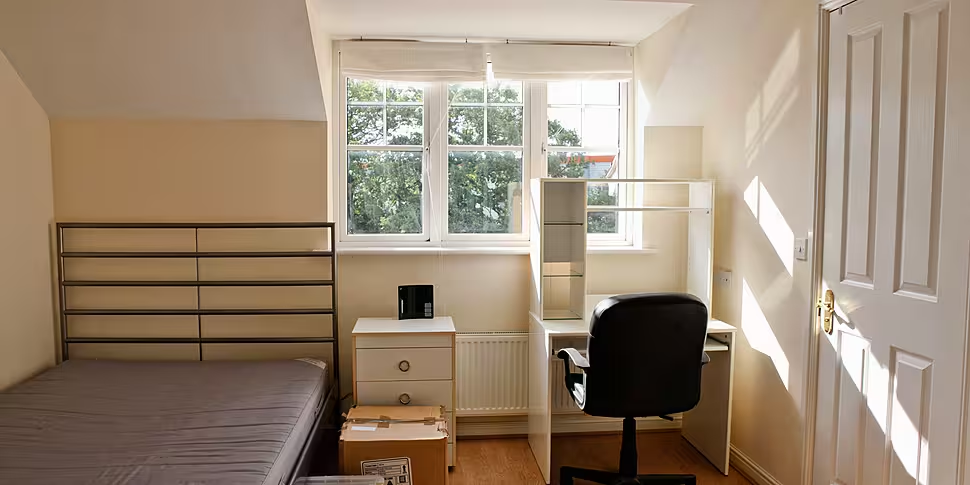Students are facing a surge in rental scams as the annual hunt for accommodation heats up, the CCPC has warned.
The Competition and Consumer Protection Commission (CCPC) issued the warning after Gardaí reported a 65% increase in accommodation scams since 2019.
"Students are under severe pressure at this time of year to find a place to live and can be vulnerable," the CCPC said.
"We now do more of our business online than ever before. This, combined with the accommodation crisis has created the perfect storm for a surge in rental scams."
'Red flags'
The CCPC said a landlord refusing to show tenants a letting in person is the first "major red flag" of any accommodation scam.
"They’ll likely request a deposit from you and maybe one month’s rent to secure the room before any mention of a lease," it said.
The CCPC said landlords may use "fake keys" and a "false contract" to appear more convincing to potential scam victims.
"Another potential alarm bell is getting offered a rental without any questions being asked of you," it said.
"For example, you receive an unsolicited email or text message offering you a place. This could include the real address and photos of properties which the scammer is already using on the rental sites."
'Protect yourself'
The CCPC recommended students to research the area they're hoping to live in, to compare prices.
"Be wary if the price seems too cheap," it said.
Students should also ensure the address given is a correct, legitimate one.
"View the property yourself in person before paying any deposit or rent," CCPC said.
"Keep proper contact details for the landlord, agent or advertiser and copies of all emails/ phone messages between you both.
"Get a written lease or rent book before handing over any money – it should explain the deposit, rent and details such as who pays the bills. Obtain a proper receipt in writing for any payment you make."
Money
The CCPC said it does not recommend using cash to pay deposits.
"By using card/bank transfer, you may then be able to get money back if something goes wrong," it said.
"Don't accept keys as being real without having tried all the locks yourself first."
If students are scammed, CCPC said they should "contact your bank or credit card company immediately".
"Your bank can cancel your cards and secure your account. You may be able to get the transaction reversed through a chargeback from your card provider," it said.
"Report the incident to your local Garda station. Doing this may stop a scammer altogether and save other people from becoming victims."
If you, or someone you know, are seeking advice on renting, you can contact the CCPC helpline at 01 402 5555 for further advice.









